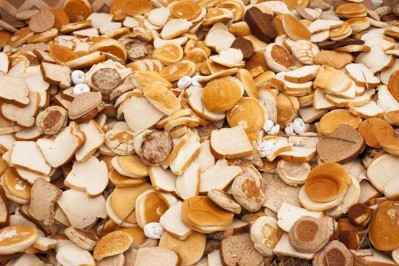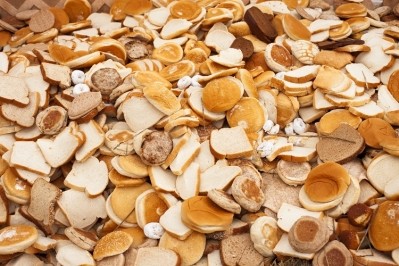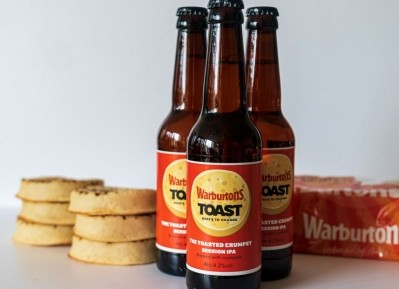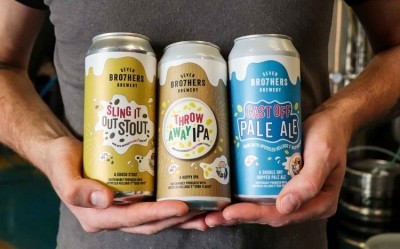Finnish researcher calls for bigger effort to reduce bread waste by retailers
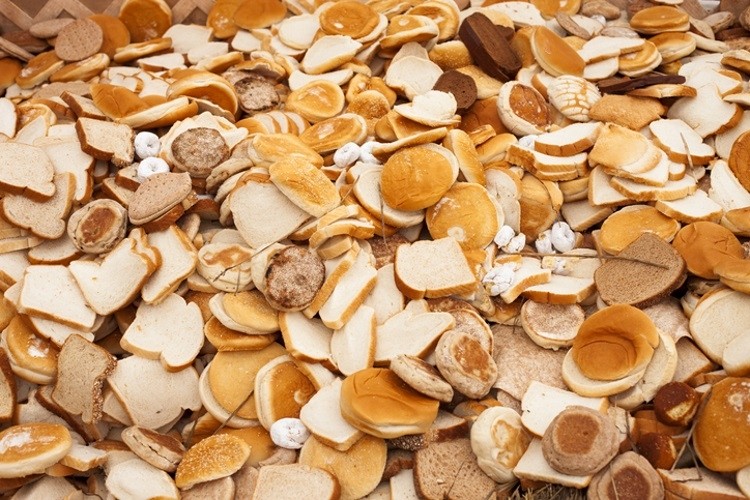
Globally, almost 900,000 tonnes of bread is wasted annually – that’s around 24 million slices every day. Throwing food away is also a serious problem in Finland, estimated to equate to approximately 62kg-86kg per person in a year.
According to Vaasa PhD student Lotta Alhonnoro, this has social, economic and environment implications. The United Nations FAO estimates that every year, food losses and waste generate more than 3.3 gigatons of CO2 equivalent (approximately the combined annual CO2 emissions of Japan and Russia).
“How many fewer fields would we need if no waste was generated? Reduction of food waste would be a tremendous climate action,” said Alhonnoro.
Retailer responsibility
Store-bought bread – be it multigrain, wholegrain or white – is safe to eat for an entire week after being made, however, Alhonnoro found the demand for bread and the amount of waste are also influenced by factors such as weather conditions, payday and holidays.
While the subject of food waste is typically directed at consumers, she believes retailers could play a bigger role in tackling bread waste by making the most of technology, marketing methods and staff engagement.
Food waste is generated at all stages of the food chain, but the PhD candidate noted the retail environment may be better equipped to reduce waste than consumers.
“Sections in the store are overflowing with stacks of different types of bread, each stack bigger than the other. This drew my attention and sparked my interest as a researcher,” said Alhonnoro.
“The phenomenon appeared again in breadlines, to which some of the stores donate food waste.
“Vast amounts of bread were available, so much so that it became a problem – how could all this bread be used up? They had to search high and low for people to take the bread which was becoming hazardous waste.”
Alhonnoro studied food waste in a retail setting using ethnographic methods, collecting data through observations and discussions. She also tracked bread’s journey along the food chain to the bakery and breadlines, and analysed three peer-reviewed articles that open up different perspectives on food waste in retailing.
Her focus was on understanding food waste in consumer society; looking at how food turns into waste in a retail setting; and what the role was between human (customers, managers and employees) and non-human actors (bread and its packaging, date labels and displays) in food waste formation.
She found that retailers influence consumer purchasing and consumption decisions by controlling the point of sale and through their marketing measures.
Secondly, as bread has gone through numerous stages to get to the retail phase, waste at retail stage means that all these resources have been wasted.
Thirdly, because of the high transaction volume at retail, the waste there is significantly higher than among individual households, meaning retailers exert major influences on the amount of food waste generated.
Active involvement
During her research, she was surprised to learn that the store being observed received products from which the ‘best before’ date was frequently omitted and, while aware of it, the employees were not able to rectify the situation.
In this case, store management had one view on the reasons behind wastage but there were other unforeseen circumstances.
Alhonnoro therefore concluded it is essential to communicate and actively involve staff with targets to minimise waste on the floor.
To this end, she noted it is important to ensure that they know how to use existing technology and that each has access to it.
Finally, she said marketing measures can be applied more creatively, such as discounting bread products as they approach their ‘best before’ date.
“Product prices could be lowered even earlier to ensure that the products will be sold. This can be enhanced through placement,” said Alhonnoro.
Alhonnoro also worked with Bock’s Corner Brewery in Vaasa to brainstorm ideas and concepts to reduce bread waste, ultimately launching a beer made from bread that would otherwise go to waste, sourced from Aroma bageri&konditori (bakery).
Now she is calling on the instore bakery (ISB) sector to come up with similar creative solutions for their stocks.
“Waste bread found in retail stores is very seldom inedible. It is a matter of managing potential food waste, will and objectives,” she said.
Dissertation:
Turning Points of Food/Waste: Tracing Actors, Relations and Practice-networks in a Retail Setting
Author: Lotta Alhonnoro
To be presented, with the permission of the Board of the School of Marketing and Communication of the University of Vaasa, for public defence on February 28, 2020.
The dissertation analysed articles published in ‘Food Waste Management: Solving the Wicked Problem’ (Edward Elgar Publishing Limited), ‘Seven Deadly Sins in Consumption’ (Palgrave Macmillan) and Finnish scientific journal Kulutustutkimus.Nyt.
